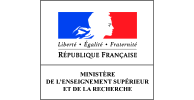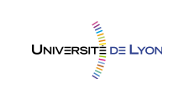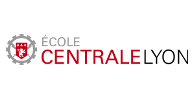Theme 1 : Teaching and learning with digital
Co-Chair
- Claude BERTRAND (MINES)
- Christophe BANSART (Université Nice Sophia Antipolis)
Description
Digital technologies are profoundly changing social practices relating to methods of communication and access to information. In the field of training, new methods of teaching and learning exploiting the potential of these technologies to provide new forms of educational communication and support of learning.
If it connects directly to the act of teaching and learning, digital can be a lever or an opportunity for the development of teaching practices in college? Does it help to better meet the goal of greater student success? In particular, how these technologies can help to organize multiple forms of blended learning to adapt the training methods and rates of learning characteristics of students new audiences.
They are called “digital natives” or Generation Y, continuously connected, consumers of digital content and information instantly, they have different lifestyles and communication, information retrieval and other relations with knowledge, but also, increasingly, they work while they study and their nomadism becomes the rule. What services do they provide facilities in this area? Social networks, known these audiences very fond, can they become tools for teaching and learning ?
The digital profoundly modifies the conditions of access to knowledge, but also the very production of knowledge. How training devices can they be addressed? What reconciliation can take place between research and its modes of knowledge production and teaching ?
The introduction of new teaching methods poses very directly the issue of support and training, initial and continuing teacher at the university. Even if users of digital daily, especially in their research, they are still relatively few users in the act of teaching because poorly trained. However, to intervene in these devices, teachers need to change their practices, being sustained, supported and recognized in this process.
What types of training, guidance or support, institutions can they offer them? Which actors and support services? What role can research take on all these issues?
- New challenges and new teaching practices
- Networks for learning
- Plagiarism
- The digital speed the transition from research to teaching
- Towards a new role of documentation
- Training and support for teachers
- Use of learning platforms










